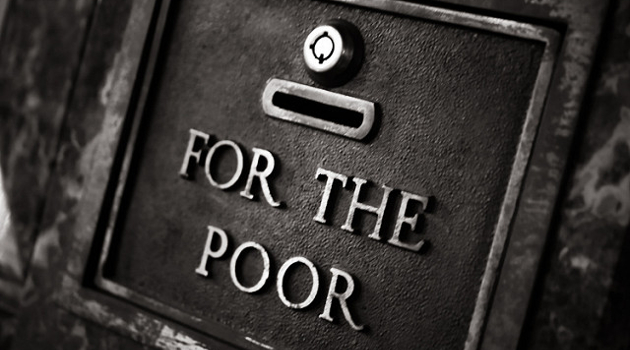My series on poverty and inequality (see here, here, and here) focuses on why we should try to help the poor rather than hurt the rich.
We’ll continue with that theme in Part IV, which begins with this video by Russ Roberts of Stanford University’s Hoover Institution.
Russ makes some great points throughout the video about the importance of creating the conditions for upward mobility.
Here are some of the main takeaways.
- The rich are getting richer and the poor are getting richer as well.
- Cronyism is bad, especially when it winds up subsidizing the rich.
- We should focus on reducing poverty rather than fixating on inequality.
Regarding that final point, my favorite part is when he said that, “Focusing on inequality as something inherently bad can blind us to the problems of poverty. Inequality and poverty aren’t the same thing. …I’m much more concerned about those at the bottom who are left behind.”
In effect, he was stating his version of the Eighth Theorem of Government. At least the first half of it (he’s probably too nice to impugn the motives of those who focus on inequality).
I also like the fact that he points out the need to get rid of licensing.
And he repeatedly argues that we need to improve the quality of education, though I wish he had explicitly stated that this means we have to replace the government’s failed education monopoly with a choice-based system.
But no need to nit-pick. The video is great, as are his other videos that I have shared over the years (see here, here, here, and here).
P.S. For those who have trouble believing that the poor, middle class, and rich can all simultaneously enjoy rising incomes, click here, here, and here for evidence.
P.P.S. I also think this data from China is very powerful.
P.P.P.S. The people who fixate on inequality favor policies that would make the United States more like Europe, so it’s worth noting that lower-income people in America are usually better off than middle-class people on the other side of the Atlantic.
———
Image credit: Steven Depolo | CC BY 2.0.


